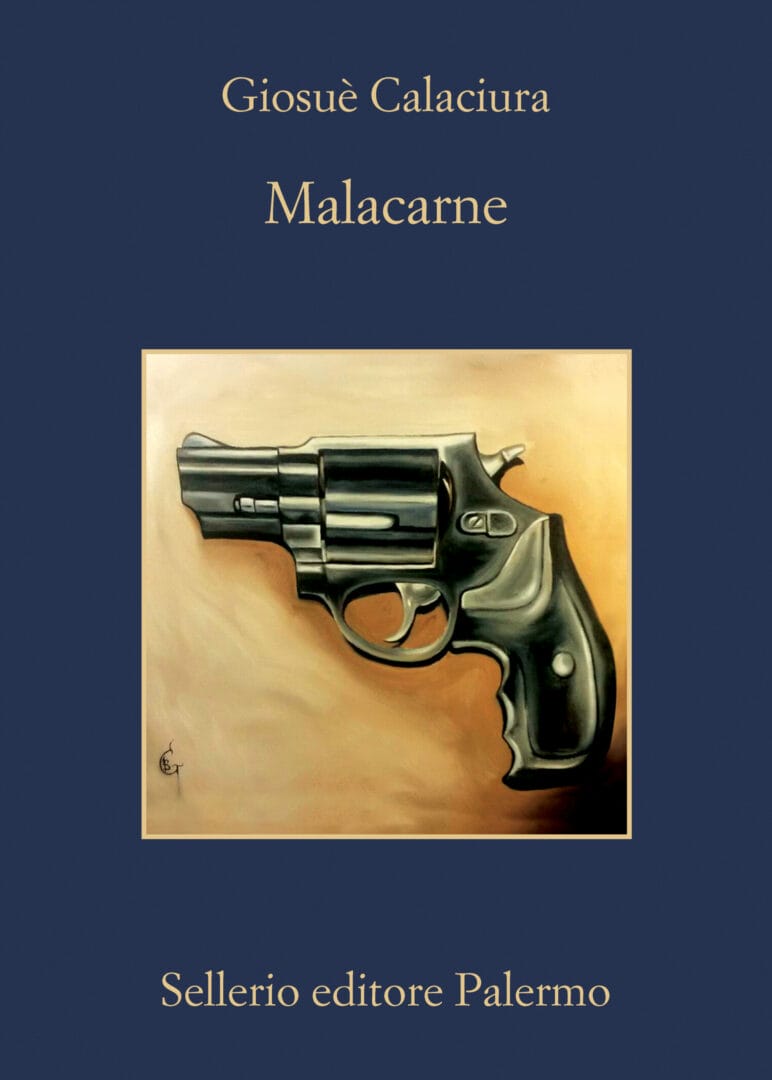Malacarne

The Mafia as no one has ever told it before. An epic of horrors and sacrilege in the river tale of a nameless and faceless killer that flows inexorably and impetuously toward the final explosion to leave room for the astonished silence of consciences. Thirty years after the Cosa Nostra massacres that changed the face of Italy.
Malacarne was first published twenty-five years ago, and it remains, to this day, a fulminating novel. With the cold lucidity of an X-ray examination it traverses recognizable stories, familiar characters, to reveal the swollen, diseased body of our societies. The symptoms seem to have changed but the pathology is the same. Astonishing is the fluvial writing, magmatic language that takes hostage, dragging the reader into a relentless, breathless adventure where poetry and trivia, science fiction and police headquarters mattinals, comics and realism, irony and despair, delirium and truth of the human condition in the Meridione: «our prehistoric world in the heart of modernity» where life follows «the natural destiny of violent death. ». It is the visionary confession - at times prophetic - of a hitman who victim after victim, massacre after massacre, reconstructs the gruesome and prodigious epic of the nameless city, perhaps Palermo: from the century-old marginality of the working-class neighborhoods to the billionaire centrality of the international drug trade. Protagonists, the voice of a killer who knows the before and after, his mute judge and violence: the only form of communication, the exclusive representation of the world. In the spiral of wealth obtained with bullets, criminals have eighteenth-century movements and executions are decided with Christmas bingo numbers. Between alleys and markets, between squares and waterfronts, between closets of fugitives and chambers of death, executioners and victims chase each other in a macabre and surreal roundabout: a grotesque circle of hell where God cannot find the souls of those dissolved in acid. In the original afterword that enriches this edition, Giosuè Calaciura goes back with his memory to the experience that was the origin of this book and - perhaps - of his writing.